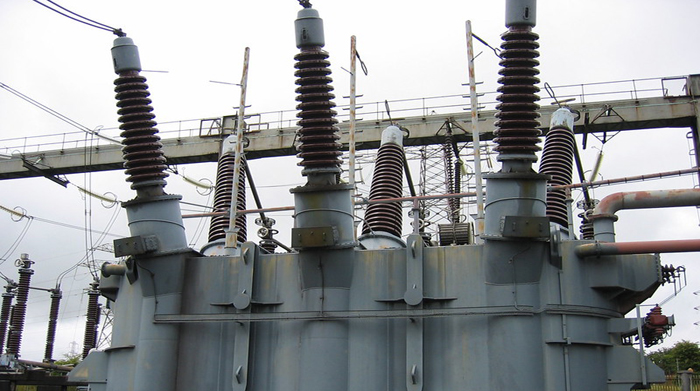Transformer Shortage Zapping Electric Utilities

Image courtesy of Victoria Catterson under Attribution 2.0 Generic License, resized to 700 x 391 pixels.
As the year progresses, more and more electric utilities are complaining of a transformer shortage. Unbelievably, in recent months some public utilities have reported experiencing a 2-year delay getting transformers that have ballooned in price to $20k per unit!
According to the American Public Power Association (APPA), 80% of its members have less equipment post-pandemic compared to 2018 levels, with small transformers cited as the #1 item utilities are lowest on, followed by large transformers at #2.
How Utilities are Coping with the Transmission Shortage
The scarcity of transformers has forced many utilities into unusual practices. One of these practices is refurbishing old or retired units to place back into service. Another is to rewire existing circuits to bypass an existing transformer, thus freeing it up to be reused elsewhere.
The situation is so dire that some public utilities have been forced to place a hold on new construction requests that would require transformers.
Obviously, the entire world has been suffering from the consequences of supply chain bottlenecks since the pandemic subsided, but even with that backdrop, many utilities are confused by the massive delays and price hikes.
Some speculate the transformer shortage is due to shortages in the raw materials and components that go into the equipment. For example, transformers require a special type of magnetic steel made from iron and silicon, and many steel products have been hit hard by the global supply chain issues.
In an effort to help, in June 2022, President Biden enacted the Defense Production Act, which in part allows for the increased manufacturing of specified items. That said, the law has rarely been used in the electric utility sector and therefore it’s not clear how much beneficial impact this move will actually have.
The bottom line is that the transformer shortage is the biggest deal that no one is talking about. The situation has a trickle-down effect and could even negatively impact emergency preparedness efforts. Hopefully, the problem will be resolved sooner rather than later.



